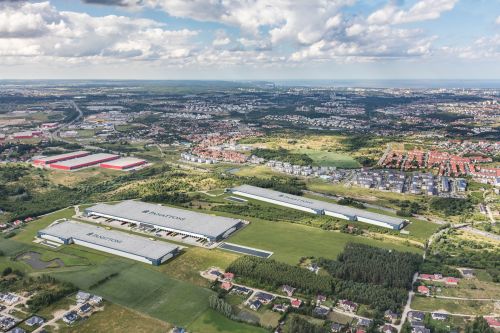Although many factors are still in play to guard us against unbridled optimism – such as the war, inflation and the economic slowdown – the stock markets have nonetheless been putting in a strong performance in these trying times. The largest trading floors have, since last autumn, gained a few percentage points (some by even as much as 30 pct), as they have been paying little heed to the high interest rates and the general lack of certainty. The US Federal Reserve has declared a halt to its interest rate squeeze, which some have interpreted as presaging the end of the fiscal tightening policy – and this in itself would be another boost for the markets. At the other extreme, however, are the weak data from the Chinese economy and the ongoing slump in European industry. According to the PMI index of managerial sentiment, in June the service sector, which in recent months has been holding out the promise of a soft landing for the European economy, has also been having a
























































